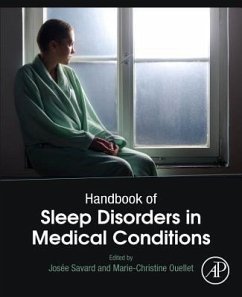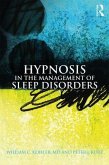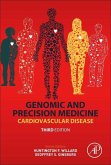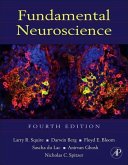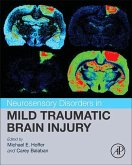Handbook of Sleep Disorders in Medical Conditions reviews the current knowledge on the nature and manifestations of sleep disorders associated with a variety of common medical conditions, including epilepsy, traumatic brain injury and dementia. It also provides clinical guidelines on how to assess and treat them with pharmacological and non-pharmacological interventions. Although the general principles of sleep medicine may be applied to some extent to patients with comorbid medical conditions, this book makes the case that an adaptive approach is warranted when considering the particularities of each condition.
In addition, clinicians must also be cautious when prescribing sleep medications as some pharmacological agents are known to exacerbate symptoms associated with the medical condition, such as cognitive deficits (i.e. difficulties with memory and attention) in cancer patients experiencing chemo brain, or in persons with neurologic conditions (e.g. mild cognitive impairment, dementia, stroke, brain injury). A differential approach to evaluating and treating sleep is thus warranted.
Hinweis: Dieser Artikel kann nur an eine deutsche Lieferadresse ausgeliefert werden.
In addition, clinicians must also be cautious when prescribing sleep medications as some pharmacological agents are known to exacerbate symptoms associated with the medical condition, such as cognitive deficits (i.e. difficulties with memory and attention) in cancer patients experiencing chemo brain, or in persons with neurologic conditions (e.g. mild cognitive impairment, dementia, stroke, brain injury). A differential approach to evaluating and treating sleep is thus warranted.
Hinweis: Dieser Artikel kann nur an eine deutsche Lieferadresse ausgeliefert werden.

